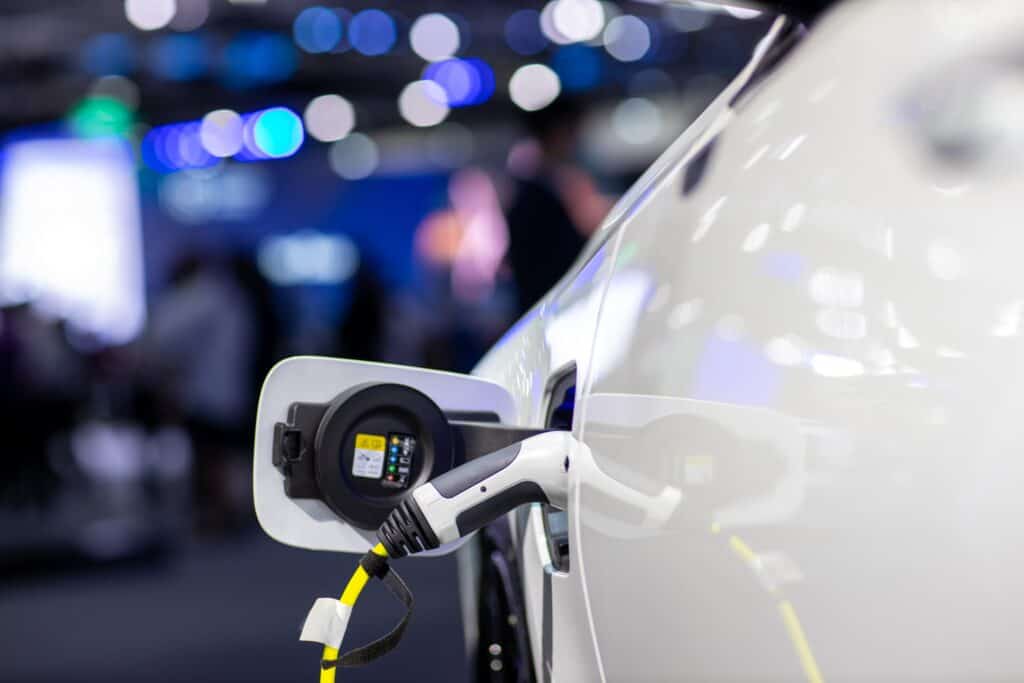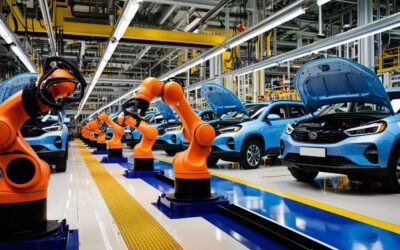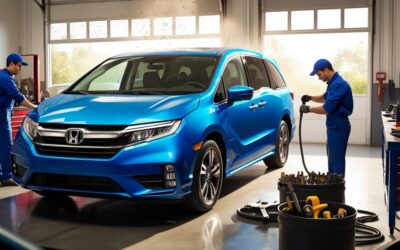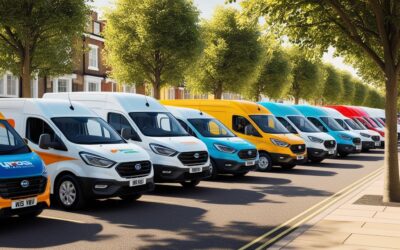Electric Vehicle Production Set To Increase As EV Battery Prices Rise

Global electric vehicle production is set to increase in 2023 despite the rising cost of battery components.
As more fleets and private vehicle owners turn to electric vehicles, pressure mounts on production to meet demand.
And predicting demand as the year goes on could be tricky, with experts predicting a further uptake as vehicle replacement cycles kick in and the looming 2030 date for the end of production of internal combustion engine (ICE) vehicles closes in (petrol, diesel, and hybrid).
EVs – What’s The Current Picture?
As more electrical vehicles (EVs) are produced, more batteries are needed. And that means an increase in demand for the minerals used in the production of EV batteries, including cobalt, nickel and lithium.
And as demand increases, costs increase too. In fact, industry experts have analysed the market and found that lithium prices have increased tenfold since the start of 2021, with the price now £61,000 for a tonne.
All of this means that margins are squeezed for someone, whether that’s manufacturers, mining companies or, most likely, the end-consumer.
For fleet owners, it’s something to bear in mind as time goes on – when is the most opportune time to make the switch to electric vehicles?
Well, the reality of the situation is that the bigger the uptake of EVs and the closer we get to the end of production of new ICE vehicles, the fewer grants and schemes available to fleets and individuals.
The goal of the current schemes is to encourage people to make the switch to EVs but as more people do precisely that, there’s less pressure on the government to incentivise people for doing so as they’ll be left with little other option.
Battery production is something that’s been widely discussed in recent years, with Tesla at the forefront of the discussion through the creation of various factories to help boost the rate of production.
The switch to EVs is perhaps the biggest change to driving and vehicles ever, and it’s certainly the biggest change in decades.
With that comes certain complications and obstacles to overcome but as time goes on and all major vehicle manufacturers get on board with widespread production of various lines of EVs, solutions will be found.
When Should I Switch To EVs?
A lot of the noise around vehicles in recent years has been about the global semiconductor shortage. If you’ve tried to replace a vehicle at any point in the last couple of years, you’ll no doubt be well aware of that.
But the increasing cost of battery components appears to be the next obstacle on the horizon and for fleets that have had to delay vehicle replacement cycles or find alternative solutions, it’s not the sort of news you’ll be welcoming.
The reality, though, is that there will always be challenges when it comes to significant switches such as this and the right time will come down to the requirements of your fleet, when your replacement cycle comes around, and the cost at that time.
Have you and your fleet made the switch to electrical vehicles yet? If not, do you have any plans to? Let us know in the comments below.










